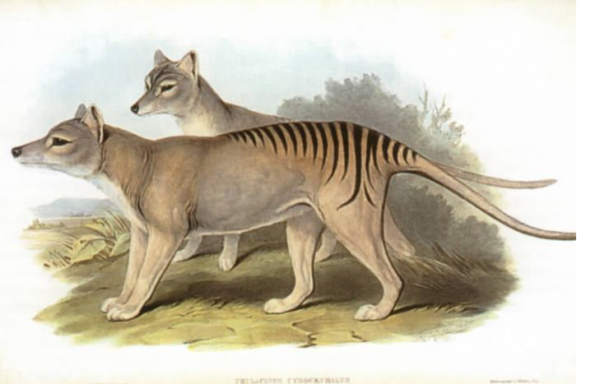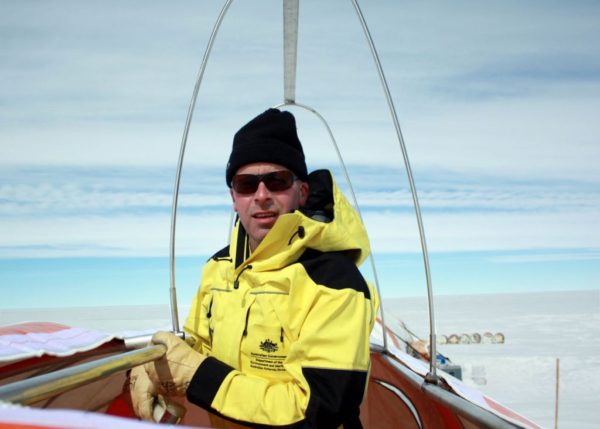 Ice cores from Antarctica and Greenland have reshaped our understanding of how the climate system operates. We see in the cycles of temperature and carbon dioxide the pulse of the ice ages back to 800 thousand years. Ice core records for recent millennia show detailed changes that are linked to drivers of Australian climate such as the westerlies or El Niño from which we can infer past periods of drought. Australia has been a leading nation in ice coring, particularly in East Antarctica, with a focus on studies of climate over recent millennia and into the last ice age. Now, an international initiative is maturing to drill for a continuous record extending into the very oldest ice, more than a million years old. Australia has announced its plans to lead such an expedition, which will commence early next decade. This talk will look at why such an old ice core record matters, and how the project might proceed.
Ice cores from Antarctica and Greenland have reshaped our understanding of how the climate system operates. We see in the cycles of temperature and carbon dioxide the pulse of the ice ages back to 800 thousand years. Ice core records for recent millennia show detailed changes that are linked to drivers of Australian climate such as the westerlies or El Niño from which we can infer past periods of drought. Australia has been a leading nation in ice coring, particularly in East Antarctica, with a focus on studies of climate over recent millennia and into the last ice age. Now, an international initiative is maturing to drill for a continuous record extending into the very oldest ice, more than a million years old. Australia has announced its plans to lead such an expedition, which will commence early next decade. This talk will look at why such an old ice core record matters, and how the project might proceed.
Dr Tas van Ommen is the leader of climate research with the Australian Antarctic Division. Tas has participated in six research expeditions to Antarctica, drilling ice cores and conducting airborne surveys of the ice and bedrock beneath. In his most recent trip he drove a tractor in a traverse across some 1300 km of the continent, crossing areas never previously visited. His research interests centre around high resolution ice core studies, connections with Australian climate and the stability and future of the Antarctic ice sheet. Tas is leading the Australian project to drill the ‘million year’ ice core and is also co-chair of the International Partnerships in Ice Core Sciences, an international planning body behind the search for this oldest ice core.
Outstanding Tasmanian Researchers Honoured
The Royal Society of Tasmania has announced its latest awards recognising outstanding achievements by Tasmanian researchers.
The prestigious R M Johnston Memorial Medal, established in 1920 and awarded to a scholar of great distinction, has been won by Prof David Green FRS. Born and educated in Tasmania, David Green is internationally recognised as a leader in experimental igneous petrology. It is an honour for The Royal Society of Tasmania to offer acknowledgment to David Green’s scholarship with this medal. He will deliver the R M Johnston Memorial Lecture on Tuesday 2 May in the Royal Society of Tasmania Room, TMAG Hobart, at 8 p.m. All interested people are warmly invited to attend.
The Clive Lord Memorial Medal, established in 1930, is awarded to a scholar distinguished for research in Tasmanian science or Tasmanian history. This has been won by Prof Henry Reynolds. Clive Lord had a deep interest in Tasmanian history including the place of the Aboriginal identity. Henry Reynolds is a fitting person to be recognised by The Royal Society of Tasmania as he has a distinguished academic and personal background that unites these subjects.
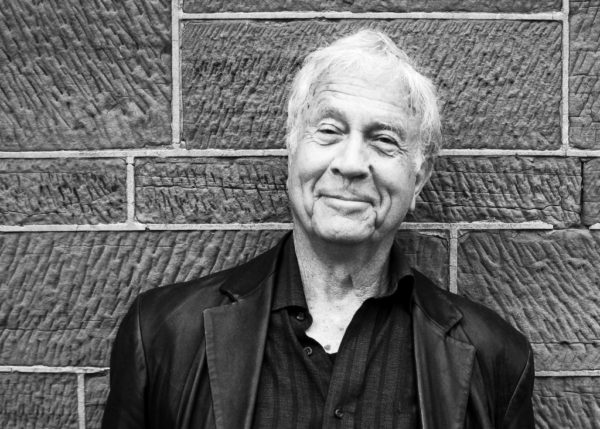
Henry Reynolds
The RST Doctoral Awards offer external recognition to recent PhD graduates who have shown genuine distinction and mature promise in their chosen field. Warm congratulations go to Dr Aliaa Shallan and Dr Jane Younger. Dr Shallan’s research focused on the development of a microfluidic device for drugs in fluids. Her work is recognised widely and being applied globally. Dr Younger’s research has made a significant contribution to the field of Antarctic ecology, specifically with respect to how ice-dependent penguins and seals are likely to respond to climate change.
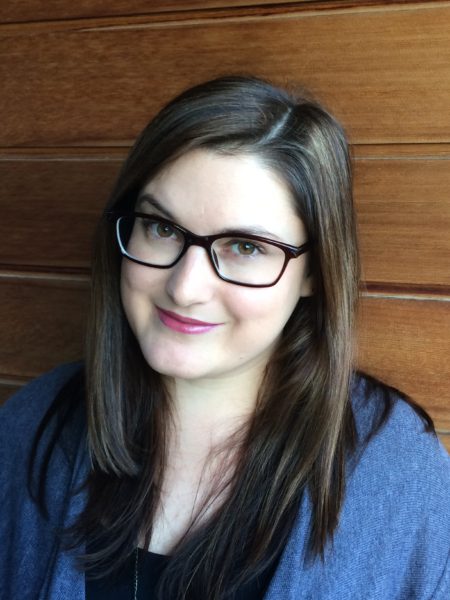
Jane Younger
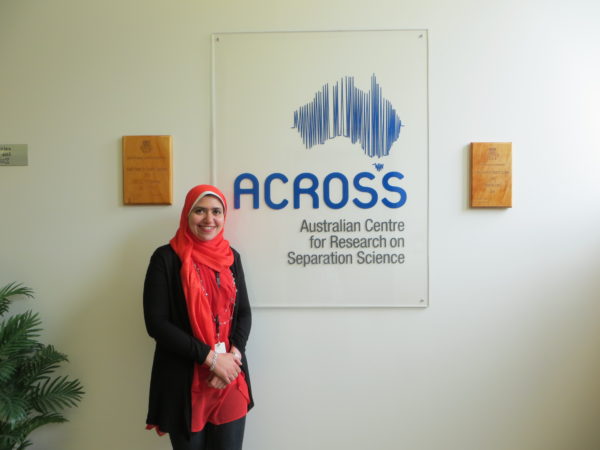
Aliaa Shallan
For more information on RST awards
Where did all the tigers go? The Tasmanian Museum thylacine collection 7 March 8 pm @Central Gallery TMAG Hobart
Where did all the tigers go? The Tasmanian Museum thylacine collection 7 March 8 pm @Central Gallery TMAG Hobart
The Royal Society of Tasmania invites you to attend a lecture by Kathryn Medlock:
Kathryn Medlock is Senior Curator of Vertebrate Zoology at the Tasmanian Museum and Art Gallery (TMAG).
The TMAG collection contains 94 registered thylacine specimens, making it one of the largest and most diverse collections of this extinct marsupial carnivore in the world’s museums.
All interested people are welcome
No admission charge
More information: www.rst.org.au
